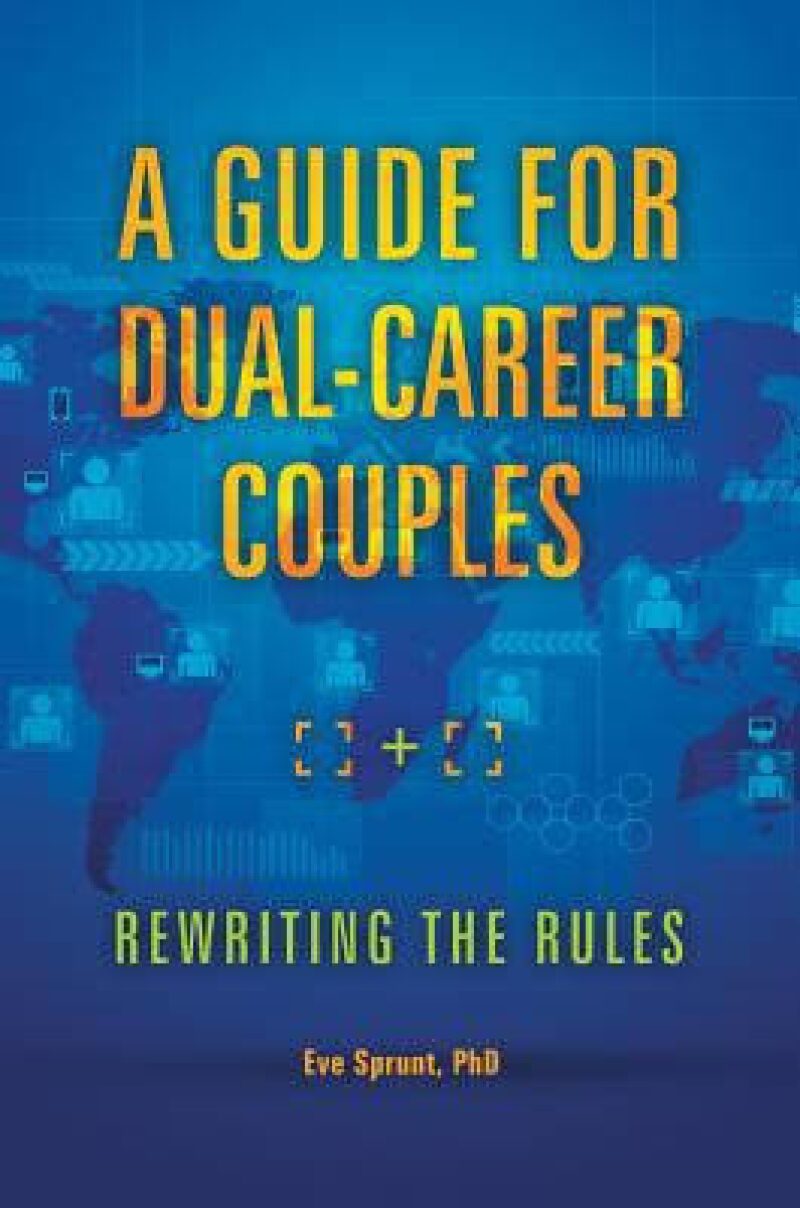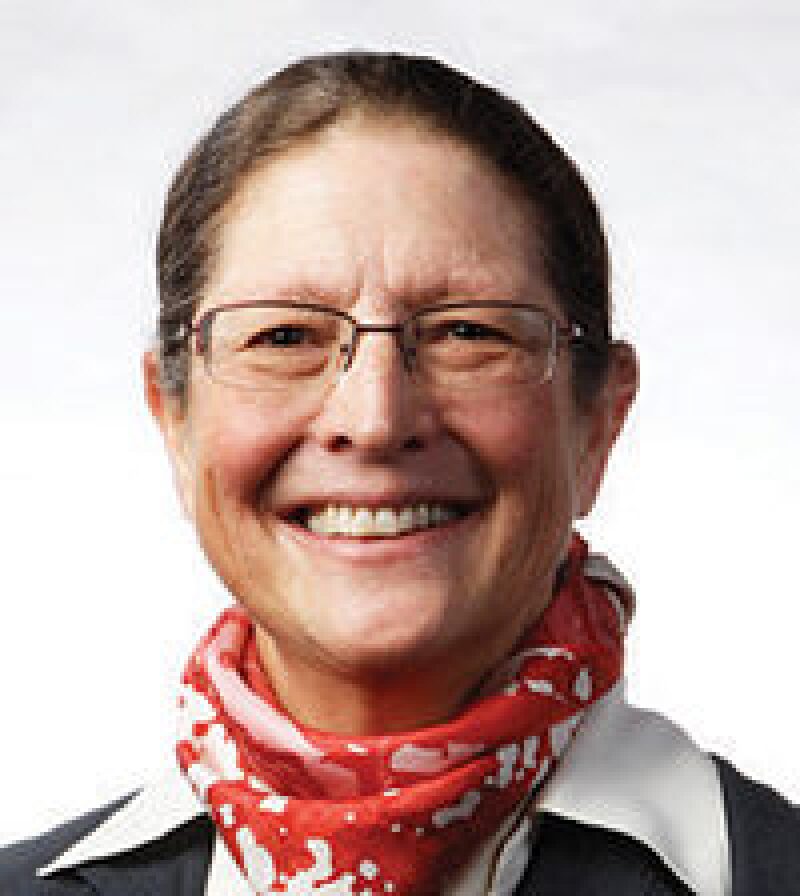Your book called “A Guide for Dual-Career Couples: Rewriting the Rules” was recently published. Can you please tell us about the book and the topics you have talked about in it?

My book discusses compromises that we make at work and at home based on personal assessments of risk-reward and pain-gain trade-offs. To increase our odds of making the right decisions, we must know what our partner and our employer are thinking. The essential discussions to ensure that our assumptions are correct are difficult both at work and in romantic relationships. The book includes lists of important questions for these conversations.
Just as at work when you and your management may not share the same assessment of your career potential, you and your romantic partner may not have the same expectations for the relationship. You should not do anything that adversely impacts your career for the sake of your partner unless you know the other person’s level of commitment to the relationship and long-term goals.
In my book, I often “follow the money.” For example, in domestic relationships, the earning power of each person has a major impact on the balance of power. Being able to support your lifestyle on your own earnings gives you more influence in family decisions.
Over the years, you have done a lot of work and research on the topic of dual-career couples, including writing articles, conducting surveys, and publishing white papers. You were also recently an SPE Distinguished Lecturer on the topic. In this book, in addition to sharing your insight on the topic, have you also shared the points you gathered from discussions you had with industry professionals during these activities over the years? Which points gathered from such discussions were insightful and/or added to your perspectives?
I combined the learnings from the surveys with what I have gathered from discussions with people in many fields around the world, the results of related research, government data, and life experience. When I documented the results of the surveys in SPE publications, I tried to minimize extrapolation and stick to the documented facts. In the book, I explore the broader implications of the survey results and provide potential ways to mitigate problems and maximize career potential and life satisfaction.
One of the biggest challenges for dual-career couples is having two jobs in the same geographic area. In the petroleum industry, this can be especially difficult in tough times like the present. In the book, I share stories I have gathered over the years from people who have addressed geographic challenges in different ways, including telecommuting, commuting relationships, and rotational assignments. The book discusses the positives and negatives of these compromises with suggestions on how to minimize career damage.
Child-rearing is another huge challenge for dual-career couples. Parents of young children may feel overwhelmed. Many people make decisions based on how much of the mother’s or father’s earnings is spent on childcare. The temptation is to focus on short-term economics, when you should look at the long-term career impact. To maximize lifelong earnings, it may be a good investment to spend a very high percentage of one person’s wages on household help.
Is this book directed to readers from the oil and gas industry specifically, or can dual-career couples from other industries also benefit from reading it?
While the book is influenced by my oil and gas industry experience, in many relationships including my own, both partners are not in the same industry. Many of the problems faced by dual-career couples in the petroleum industry are shared by a wide range of professionals including academics, attorneys, MBAs, and medical professionals.
For couples, a key question is often whether to share the same employer. People are very polarized on this issue. The book includes lists of questions to consider in making your decision.
You were SPE President in 2006. Almost a decade later SPE is under the leadership of the next woman president, 2017 SPE President Janeen Judah. Do you see changes in the industry in the opportunities available for women in the past decade? Do you have any advice to women in the industry who are interested in growing in leadership positions?
I am thrilled that Janeen Judah is the 2017 SPE President and that in general the percentage of women in leadership roles is increasing. While women are still under-represented in senior management, the situation is slowly improving. My advice if you are interested in a leadership position is to discuss your goal with your supervisor. It is not necessarily an easy conversation, but if the response is negative and you are serious about moving up, you need to look for another position in which your goals are in better alignment with your boss’s assessment of your potential. Waiting for a “bad boss” to be replaced often has lasting consequences.
Compared to other generations, millennials seem to place a greater emphasis on workplace employee empowerment as well as work/life balance. How does this generation compare with earlier ones in maintaining a good work/life balance? What can help them succeed in it?
Our values are strongly impacted by our experiences. The older we are, the more likely we are to have faced difficult times and needed to make significant compromises. When we have multiple employment alternatives, we can be more demanding with regard to our working conditions. In the petroleum industry’s current economic environment, many people are making compromises that they would have found unacceptable a few years ago. I discuss this in my book in terms of Maslow’s hierarchy of needs.
Where, when, and how we work is constantly evolving with technology. For much of history, people’s work and home life were closely integrated. Now, with the WiFi world, work and life are again becoming more integrated. We do not leave our work when we leave the office. It follows us everywhere. We need to understand the career impacts of leveraging different ways of achieving personal work/life balance. My book provides guidance on factors to consider.
You have been kind enough to contribute to The Way Ahead on several occasions on various topics. Thank you. Is there any message you would like to share with our readers on the topic of your book or anything else?
During this industry downturn, it is tempting to think that working in another industry would provide more job security. However, over the time span of a career, almost all occupations go through business cycles. In good times and in bad, it is essential to maintain your professional network. Being active in SPE is a great way to do that.
When you work on SPE activities, you have the opportunity to showcase your abilities to people in many different organizations. For job hunters, your SPE network can make all the difference. Fellow active SPE members outside of your current employer have direct experience with your work ethics, ability, and work style. Having friends you have collaborated with on SPE projects within the hiring company gives you an advantage over other applicants.


